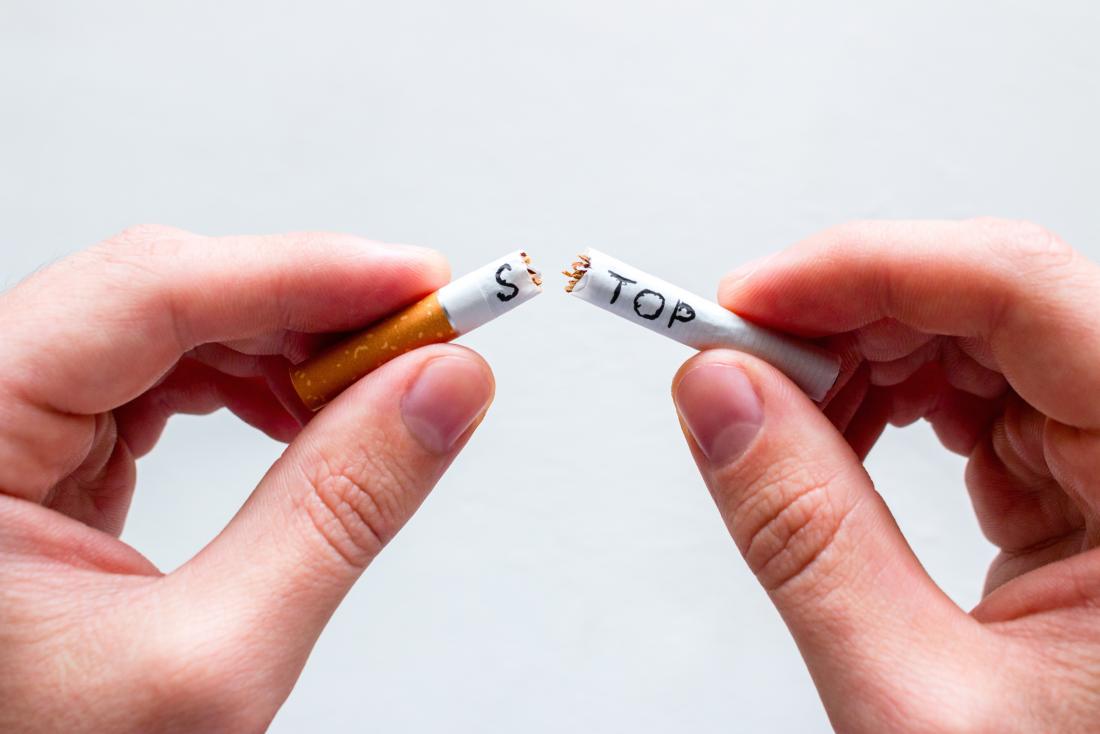Access medically supervised opioid addiction treatment to safely manage detoxification.
Wiki Article
Recognizing Dependency Treatment: Exploring Reliable Programs for Alcoholism Recuperation and Mental Wellness Support
Starting the journey towards recuperation from alcohol dependency includes an extensive approach that addresses both the physical and emotional elements of reliance. addiction recovery center. Clinical cleansing acts as the fundamental step, safely managing withdrawal signs and symptoms under expert guidance. Simultaneously, psychotherapy and medication-assisted therapies are tailored to minimize the underlying psychological health concerns, commonly intertwined with dependency. This dual strategy not just supports the individual yet additionally sets the phase for discussing the unification of alternative therapies and assistance systems vital for long-term soberness.
The Duty of Medical Cleansing in Managing Alcohol Withdrawal
Clinical cleansing plays an essential duty in the monitoring of alcohol withdrawal, acting as the first step in the trip towards healing. This procedure thoroughly checks and treats the severe physical symptoms of withdrawal that happen when a specific stops consuming alcohol. The main aim is to support the person physically and alleviate possible health dangers related to withdrawal, such as seizures and delirium tremens.Medical specialists often provide medicines to reduce symptoms, handle discomfort, and prevent problems. The regulated setting makes certain safety, addresses nutritional shortages, and prepares people for the next stages of addiction therapy. Effective detoxification is vital, as it creates the foundation for additional restorative treatments, concentrating on lasting recuperation and relapse prevention.
Psychiatric Therapy Strategies for Twin Medical Diagnosis Treatment
Following the stablizing supplied by medical detoxification, psychiatric therapy ends up being a vital part in treating people with a double diagnosis. Cognitive Behavior Therapy (CBT) is typically employed to attend to maladaptive thinking patterns, aiding individuals understand and handle their habits and emotions properly. Dialectical Behavior Modification (DBT), which highlights the growth of coping abilities to manage anxiety, control feelings, and boost relationships, is specifically useful. Integrative techniques, combining components from various restorative modalities, tailor therapy to individual requirements, enhancing the performance of dual diagnosis management. With these psychotherapeutic methods, people gain insights right into their addictive habits and psychological health problems, cultivating a holistic healing procedure and substantially improving their high quality of life.
The Relevance of Medication-Assisted Therapy (FLOOR COVERING)
While psychotherapy deals with the emotional aspects of addiction, Medication-Assisted Treatment (MAT) plays a similarly crucial duty in addressing the physiological difficulties. Floor covering utilizes FDA-approved medications, such as naltrexone, buprenorphine, and methadone, to support brain chemistry, obstruct the blissful results of alcohol, and reduce food cravings, leading the way for a sustainable recuperation. These drugs, when incorporated with behavior modifications, improve treatment effectiveness, minimize the danger of relapse, and assist maintain long-term sobriety. By sustaining the biological basis of addiction, floor covering addresses the comprehensive health needs of people, facilitating improved end results in recuperation programs. This incorporated technique makes sure a much more robust foundation for recovery, emphasizing the need of resolving both psychological and physical health and wellness elements in addiction treatment.Incorporating All Natural Therapies Into Alcohol Addiction Recovery
Although Medication-Assisted Therapy (MAT) is vital, integrating holistic treatments can substantially boost the recuperation process for those battling alcohol addiction. Alternative treatments include an array of non-medical recuperation approaches that concentrate on healing the mind, body, and spirit (alcohol addiction treatment). Each of these methods aims to enhance mental health, decrease tension, and enhance overall well-being, therefore sustaining the psychological and mental elements of recovery.Navigating Assistance Equipments and Area Resources for Continual Healing
After attending to the person's holistic demands in alcohol addiction healing, focus should also be provided to external aspects that add to sustained sobriety. Reliable recovery programs highlight the relevance of building strong networks, which can consist of assistance groups like Alcoholics Anonymous, household participation, and recovery training. Continual recuperation is thus seen not just as a person's trip but as a community-supported process, cultivating a setting where consistent recuperation is supported and celebrated.Final Thought
To conclude, effective alcoholism recuperation programs incorporate a multifaceted technique that consists of clinical detoxification, psychotherapy, and medication-assisted therapy. Incorporating holistic therapies and leveraging support group are crucial for dealing with both Medication-Assisted Treatment physical and psychological health difficulties. Such thorough care not only aids manage withdrawal signs but likewise supports long-lasting soberness and psychological well-being, thus improving a person's ability to lead a healthier and much more satisfying life post-recovery.Report this wiki page